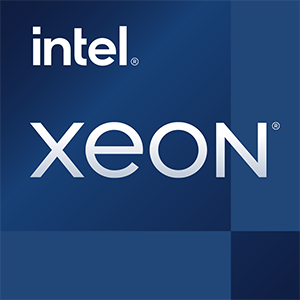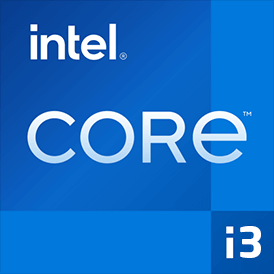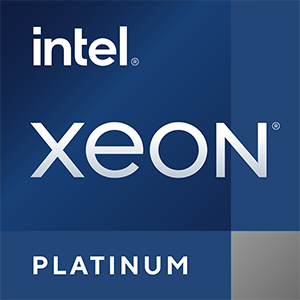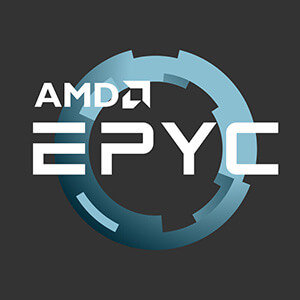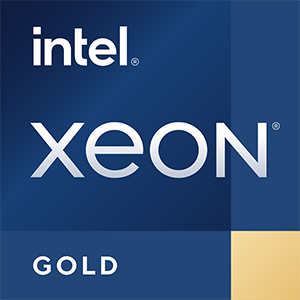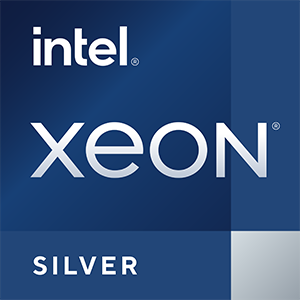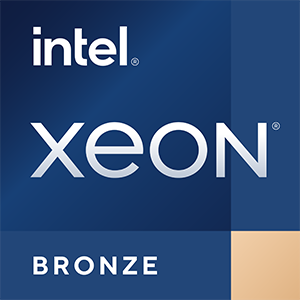Intel Xeon E5 1620 vs Intel Core i3 12100
We compared the server Intel Xeon E5 1620 with 4 cores 3.6GHz and the desktop Intel Core i3 12100 with 4 cores 3.3GHz . You will find out which processor performs better in benchmark tests, key specifications, power consumption and more.
Main Differences
Intel Xeon E5 1620 's Advantages
Higher base frequency (3.6GHz vs 3.3GHz)
Intel Core i3 12100 's Advantages
Released 9 years and 10 months late
Integrated graphics card
Higher specification of memory (4800 vs 3)
Newer PCIe version (5.0 vs 3)
Larger L3 cache size (12MB vs 10MB)
More modern manufacturing process (10nm vs 32nm)
Lower TDP (60W vs 130W)
Score
Benchmark
Geekbench 6 Single Core
Intel Xeon E5 1620
690
Intel Core i3 12100
+220%
2214
Geekbench 6 Multi Core
Intel Xeon E5 1620
2533
Intel Core i3 12100
+193%
7431
General Parameters
Mar 2012
Release Date
Jan 2022
Intel
Manufacturer
Intel
Server
Type
Desktop
-
Instruction Set
x86-64
Sandy Bridge-E
Core Architecture
Alder Lake
-
Processor Number
i3-12100
Intel Socket 2011
Socket
LGA-1700
N/A
Integrated Graphics
UHD Graphics 730
Xeon E5 (Sandy Bridge-E)
Generation
-
Package
1.27 billions
Transistor Count
-
32 nm
Manufacturing Process
10 nm
130 W
Power Consumption
60 W
-
Max Turbo Power Consumption
89 W
-
Peak Operating Temperature
100 °C
Intel
Foundry
-
294 mm²
Die Size
-
CPU Performance
-
Performance Cores
4
-
Performance Core Threads
8
3.6 GHz
Performance Core Base Frequency
3.3 GHz
3.8 GHz
Performance Core Turbo Frequency
4.3 GHz
4
Total Core Count
4
8
Total Thread Count
8
100 MHz
Bus Frequency
100 MHz
36.0
Multiplier
33x
64 K per core
L1 Cache
80 K per core
256 K per core
L2 Cache
1280 K per core
10 MB shared
L3 Cache
12 MB shared
No
Unlocked Multiplier
No
1
SMP
-
Memory Parameters
DDR3
Memory Types
DDR5-4800, DDR4-3200
-
Max Memory Size
128 GB
4
Max Memory Channels
2
-
Max Memory Bandwidth
76.8 GB/s
Yes
ECC Memory Support
No
Graphics Card Parameters
-
Integrated Graphics
true
-
GPU Base Frequency
300 MHz
-
GPU Max Dynamic Frequency
1400 MHz
-
Shader Units
192
-
Texture Units
48
-
Raster Operation Units
24
-
Execution Units
24
-
Power Consumption
15 W
-
Max Resolution
3840x2160 - 60 Hz
-
Graphics Performance
0.54 TFLOPS
